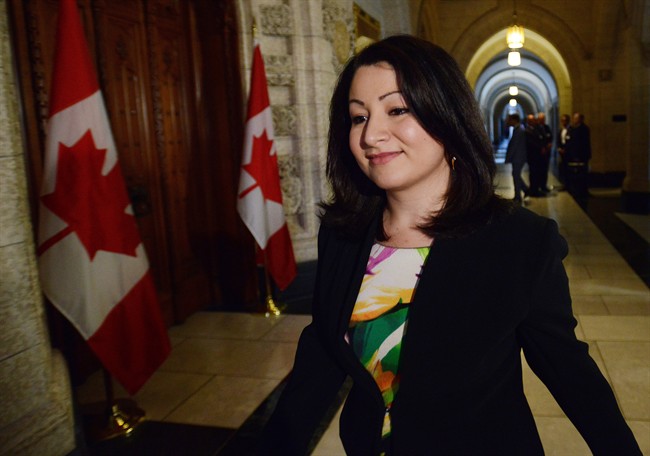Bored of the beach or the hot summer romance novel? The Trudeau government has a helpful suggestion on how to spend your idle time during your summer break; organize a meeting to help reform Canada’s electoral system.

A 38-page guide to creating your very own discussion group, unveiled on Wednesday, covers everything Canadians “like you” need to know about setting up an informal meeting, without the need to wait for your Member of Parliament to show up and organize a formal one in your community.
“Hosting a successful dialogue is both an art and a craft,” the toolkit points out.
In another section, it advises people engaged in discussions to “agree to disagree — with ideas, not people.”
After a meeting or event, organizers are instructed to send a summary of no more than 3,000 words to the electoral reform committee or to the minister of democratic institutions herself.
Within minutes of the document hitting the Internet, the Internet hit back.
As usual, Twitter became the epicenter of the snark, with users gleefully tearing into the guide for its overall tone and somewhat obvious advice (“provide breaks throughout the event, particularly for longer events”).
According to Peter MacLeod, co-founder and principal of Toronto’s MASS LBP public engagement firm, it’s easy to poke fun at the government’s endeavor, but the instinct behind the guide is the right one: get Canadians talking about electoral reform.
“Doing this well isn’t easy,” MacLeod noted. “I think it’s actually really difficult to talk about complex things well, and clearly, without becoming facile.”
According to MacLeod, who penned a short Twitter essay on the topic on Thursday, governments that want to consult often fail to provide the basics on a topic before asking people to talk about it.
One of the top Google searches in the aftermath of the Brexit vote, for instance, was “What is the EU?”
“Public engagement and public learning are flip-sides of the same coin,” he noted. “We can’t underestimate the amount of effort that really needs to go into ensuring that there’s an informed public … electoral systems can be understood by anyone.”
WATCH: A primer on electoral reform in Canada

So, will Canadians actually gather in their living rooms and chat about ranked ballots and e-voting?
“It’s easy to be skeptical and say people have better things to do with their summer,” MacLeod said.
“But we do have pretty rich networks in this country of service clubs and community foundations and local libraries that could all be mobilized, if they were equipped with good materials.”
Referendum could cost $300 million
The federal government has repeatedly said that a referendum on changing the first-past-the-post system isn’t necessary, with Democratic Institutions Minister Maryam Monsef assuring Parliament that Canadians will be consulted in other ways – including through the “dialogues” they set up for themselves.
On Thursday morning, Elections Canada Chief Electoral Officer Marc Mayrand told a House of Commons committee that a referendum would cost approximately $300 million and that he would need to know no later than December if a vote was coming.
- Canadian man dies during Texas Ironman event. His widow wants answers as to why
- On the ‘frontline’: Toronto-area residents hiring security firms to fight auto theft
- Honda’s $15B Ontario EV plant marks ‘historic day,’ Trudeau says
- Canadians more likely to eat food past best-before date. What are the risks?




Comments